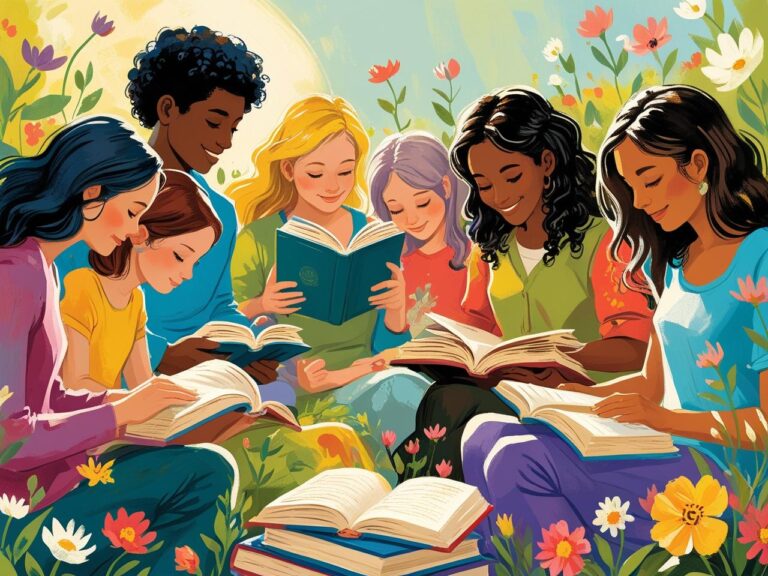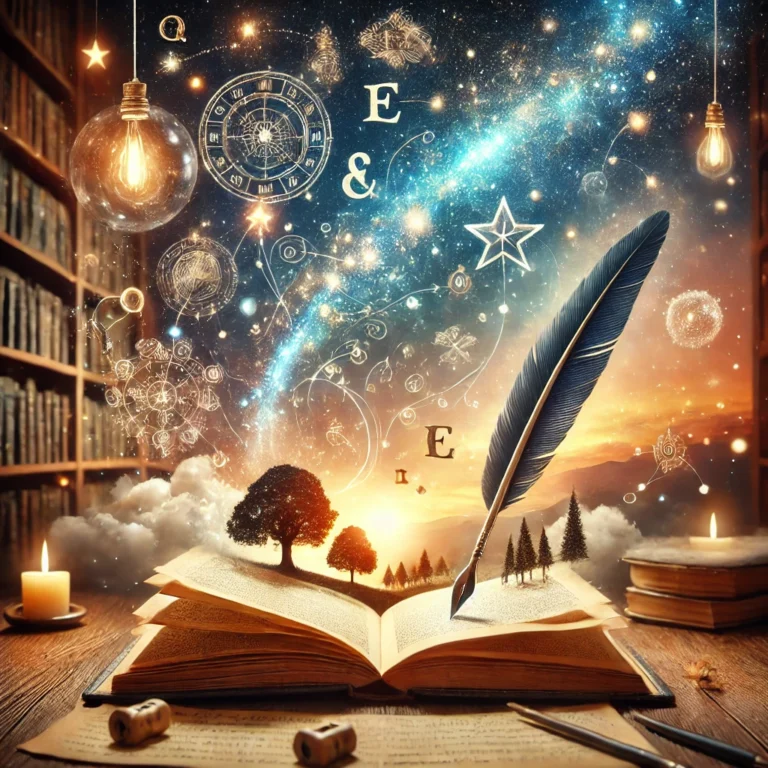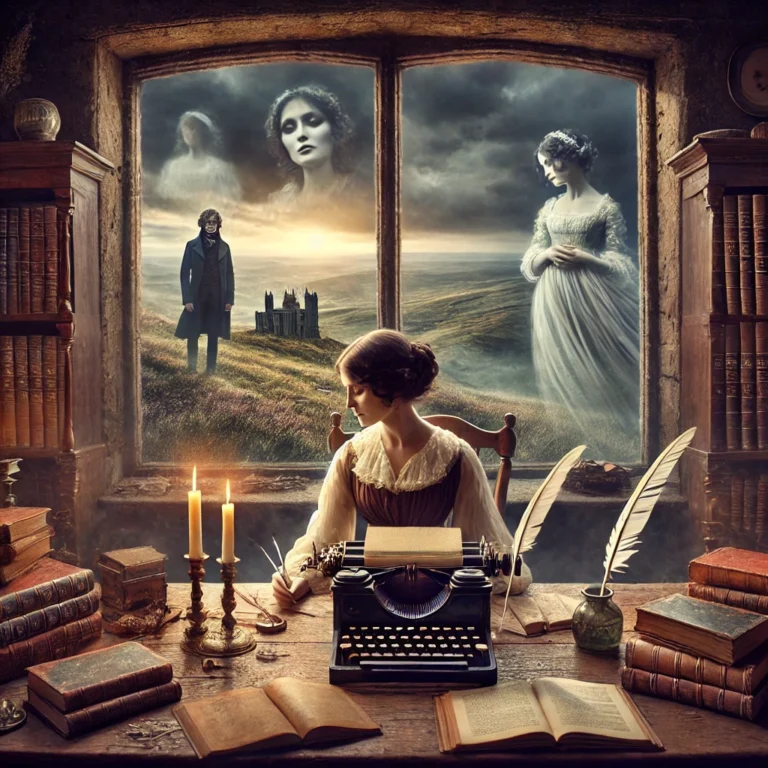Classic World Works: Timeless Gems Of Literature
Classic world works offer the most important and impressive examples of literary history. These works shed light on various periods of human history and remain relevant today with their universal themes. So, why should we read classic world works and what can we learn from them?
What Are Classic World Works?
Classic world works are literary texts, often written within a specific historical or cultural framework, but whose universal themes transcend their periods. These works are generally known for their in-depth psychological character studies, impressive stories, and literary innovations. Works such as “Les Misérables,” “Anna Karenina,” and “Don Quixote” can be shown as examples of this category.
Why Should We Read Classic Works?
- Universal Themes: Classic works address universal themes such as love, friendship, death, justice, and freedom. These themes unite readers from different cultures and times.
- Historical and Cultural Heritage: Classics provide a window to understand the social, political, and cultural conditions of the period in which they were written.
- Literary Richness: Classic works are full of examples that push the boundaries of language and expression. Reading these works enriches both the external world and your own world of thought.
- Character Analyses: Classic novels present complex and in-depth characters. These characters help us understand the diversity of human nature.
Prominent Classic Works
- Victor Hugo – Les Misérables: This work, which depicts the struggle for survival of the lowest strata of society with an epic narrative, invites contemplation on humanity and justice.
- Leo Tolstoy – Anna Karenina: This novel, which presents love, morality, and social expectations in a complex plot, is an unforgettable work that examines the contradictory nature of human relationships.
- Miguel de Cervantes – Don Quixote: This work, which deals with the adventures of a character stuck between fantasy and reality, skillfully combines humor and tragedy.
- Fyodor Dostoevsky – Crime and Punishment: This novel, which deals with the concepts of crime, conscience, and atonement with a deep psychological perspective, invites us to explore the dark corners of the human soul.
- Jane Austen – Pride and Prejudice: This work, in which family, marriage and social classes are handled with delicacy, is one of the outstanding examples of literary romance.
How Should You Start Your Journey With Classics?
- Start With Short and Easy Works: You can start reading classics with works that do not have very dense language. Books such as “Animal Farm” can be a good start in this regard.
- Research the Context of the Work: Learning about the historical and cultural conditions of the period when the book was written helps you understand the work better.
- Be Patient: The language and structure of classic works may sometimes be challenging. However, it may take time to understand and enjoy these works.
Classic world works do not only present a reading experience; they also offer an opportunity to look at the world from a different perspective. Embark on a journey with these timeless works and be prepared to discover the diversity of human history!







